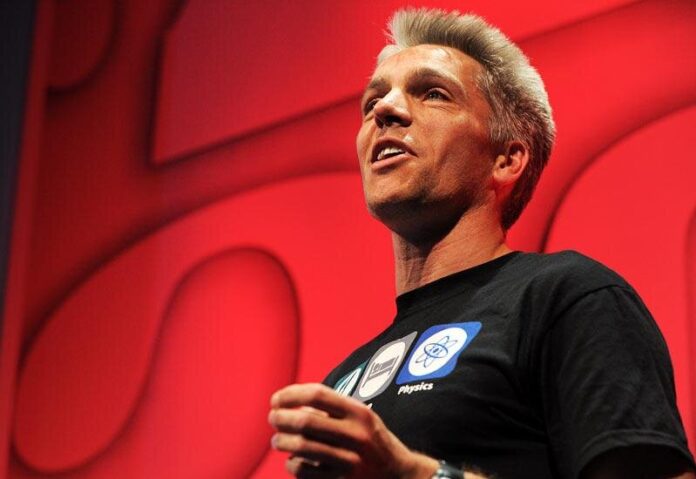“I think it’s been made clear over the last year that we’ve seen about a decade of digital transformation and adoption occur in a matter of months.
“So, the best way to think about this is to consider what you might have hoped you’d have done by 2030, and make sure you do it this year.”
What would you say to businesses that think digital “is not for them”?
“I‘d say bye-bye! Nice knowing you! Seriously though, I think any business that believes digital is not for them is a bit like a business a hundred years ago saying electricity is not for them. It’s just an impossible way to be a competitive, long-term business in today’s world.
“I‘d say that you absolutely have to get with the programme. You have to digitise the way you communicate with your customers, the way you manage your internal processes and the way you run every aspect of your organisation.
“Companies that don’t do that won’t be around to answer that question in 10 years’ time.”
What are some small changes businesses can make today to harness the benefits that technology offers?
“In terms of small changes businesses can make today, I think it’s about looking at the way your customers live their lives and the things that they do to make every aspect of their daily existence more efficient and convenient, to make sure that your products and services are working in that way.
“It should be no more difficult or frustrating to engage with you as a company than it is for them to do their shopping, talk to their friends or organise their daily routines, and if there’s a gap then you need to close that gap.”
What changes can we expect to see in the way that technology affects our everyday lives?
“Thinking about new technologies, they tend to come to market in a significant way when three things are true. When the technology is feasible, when the economics of rolling it out are viable and when the market is ready. Usually, it’s that third aspect that slows down the adoption of new technologies. But what we’ve seen over the last 12 months is the market getting rapidly ready for new technologies.
“The enforced working from home and our need to be distant from other people has meant that a whole decade of digital adoption has happened in a matter of months. That means that there is going to be reluctance to move away from the new digital ways of working that we’ve seen in the last year, and I think that’s the world that we’re going to be in for the foreseeable future.”
What qualities do you possess that you believe led to your entrepreneurial success?
“I think it’s about being optimistic. Most entrepreneurial ventures look impossible from the outside world, so you must have a slightly insane degree of optimism about what you might achieve in the future.
“It’s also about being decisive, as so much of success is about moving quickly and so being decisive in your thinking processes is helpful.
“You also need to be relentless. Sometimes you just have to keep chipping away at the same old problem, never giving up until you find a way through.”
What qualities constitute a good leader?
“Obviously, there’s all the usual traits of integrity, empathy, competence etc… But I think there’s an increasingly important new one, which is pace.
“The world is moving so quickly, and the technology is making opportunities available so much more rapidly, so the organisations that can quickly adapt and take advantage of these things are the ones that are going to leave their competition behind.
“It’s also about being empowering, so giving the teams below you the opportunity to make their own decisions quickly and move on. It’s much better to be 70% right and moving forward than to be 0% wrong and standing still, and that’s all about pace.”
Dan Cobley and other influential technology speakers are available to book via The Motivational Speakers Agency.






















